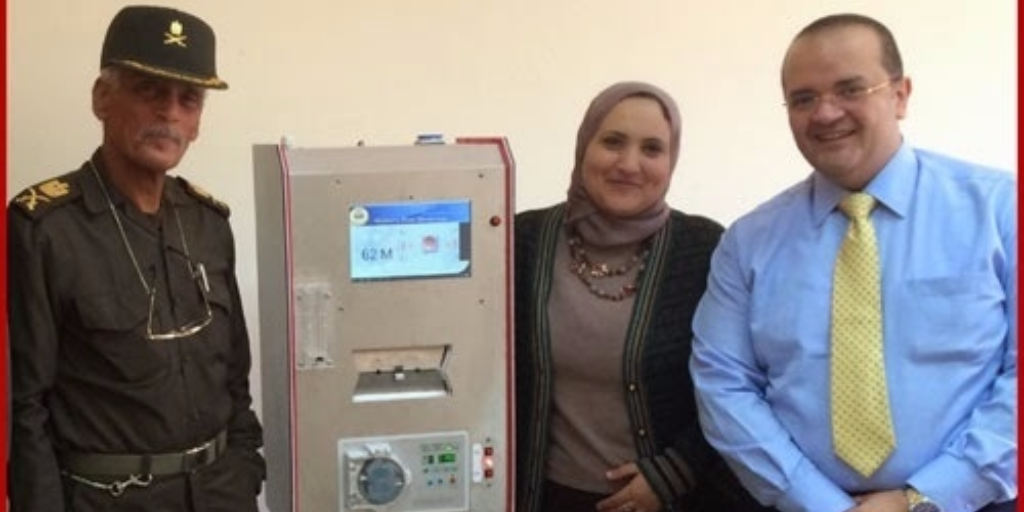Egypt’s Doctor’s Syndicate has referred four doctors to a disciplinary committee for promoting a device touted by the Egyptian military as a “cure” for Hepatitis C and HIV/AIDS, the syndicate announced in a statement.
According to the statement, the four doctors – Ahmed Ali Moenes, Sally Mostafa Mahmoud, Ahmed Abdallah Sabry and Wael Ahmed Mohamed Attia – will be investigated for their involvement in announcing and promoting the device before the necessary scientific steps were taken to verify the device’s efficacy. The promotion of the device therefore led to the “intentional harming of millions of Egyptian citizens who waited for treatment by said device,” the syndicate’s statement reads.
Meanwhile, five other doctors have been cleared of involvement in the same case.
In 2014, the Egyptian military unveiled a “breakthrough” device that was said to be able to diagnose and treat Hepatitis C and HIV/AIDS, in addition to other diseases. The “Complete Cure Device,” or CCD, was said to draw blood from the inflicted patients, eliminate the disease and return the disease-free blood to the body.
Major-General Ibrahim Abdel Atti, who led the unveiling of the device, refused to explain the mechanism behind the device and said that the device simply “takes diseases and turns them into Kofta.”
At the time of the unveiling, many people, including the Egyptian president’s Scientific Advisor, criticized the presentation of the device without adequate scientific testing and review, and said it was a sham. Abdel Atti was also the subject of a long-running joke from many comedians and satirists, many of whom now refer to the discredited devices as “Kofta-Gate” – a reference to former US President Nixon’s Watergate scandal.
Egyptians currently have one of the highest number of cases of Hepatitis C in the world, with the World Health Organization saying in 2015 that approximately 22 percent of Egyptian blood donors tested positive for the deadly disease.
The epidemic began decades ago, when the government carried out a mass vaccination campaign for Egyptians against the Belharzia disease but medical professionals administering the vaccinations failed to adequately sterilize the syringes between uses, causing the Hepatitis virus to spread rapidly.
Lacking in infrastructure to deal with the virus, Egypt suffers from a particularly high morbidity and mortality rate, with 40,000 dying from the disease each year. It is estimated that roughly 15 million Egyptians currently suffer from Hepatitis C and there are 170,000 to 200,000 new cases each year.
In response to the epidemic, Egypt opened its first factory for the local production of “Sofosbuvir” – a drug that contains the active ingredient in “Sovaldi,” the US-approved medication commonly used to cure the virus.







Comments (0)